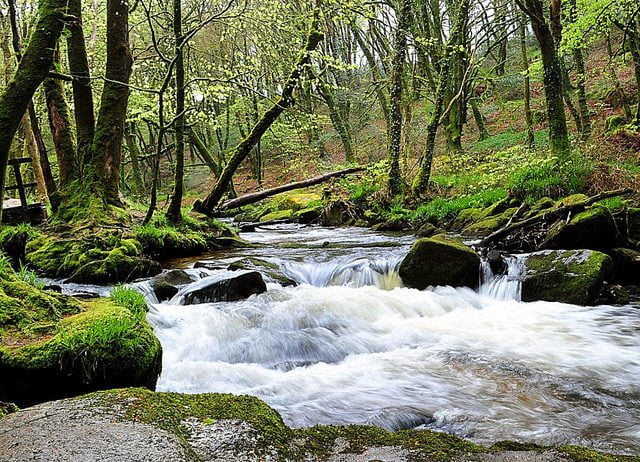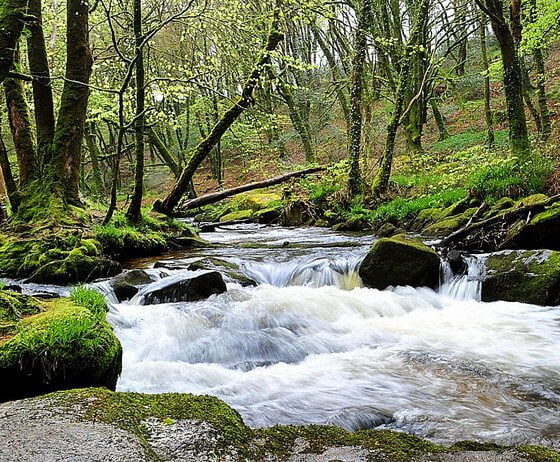

Environment
Decline of UK’s natural environment ‘costly’ to economy and wellbeing
The UK’s natural capital is in decline and must be safeguarded, according to a report from the Natural Capital Committee. The study warns that a declining natural environment is proving “costly” to our wellbeing and economy.
The committee argues that England’s natural capital, which is defined as elements of the natural environment that provide valuable goods and services to people, such as clean air, clean water and recreation, is in “long-term decline”. It adds that if economic growth is to be sustained then “natural capital has to be safeguarded”.
The report notes that pressures on natural capital are “already too high” but with a growing population these pressures are set to intensify. As a result of this, the committee states that significant changes to past practices are needed if the government is to achieve the commitment to be the first generation to leave the natural environment in a better state.
The report adds that the challenge is “not insurmountable” with the right investments and significant improvements.
“There is now a great opportunity to improve wellbeing and prosperity of both urban and rural populations and restore some of the natural capital lost. This will enhance prospects for long-term sustainable growth and therefore bequeath to the next generation a set of properly maintained and enhanced natural assets,” said Professor Dieter Helm, chairman of the committee.
The report calls for a 25-year strategy to protect England’s natural capital and demonstrates in numbers the benefit actions could have. For examples peatland restoration on around 140,000 hectares in upland areas would deliver net benefits of £570 million over 40 years in carbon value alone, such a move could also add value in terms of water quality, recreation and wildlife.
The committee also found that there are “high return investment opportunities” in providing urban green spaces and improving urban air quality, both of which are estimated to deliver £2.1 billion in savings each though lower health costs and increased productivity.
Wildlife charity RSPB has welcomed the report. Martin Harper, the organisation’s director of conservation, said, “Nature is priceless, but we agree you can’t make good economic decisions without taking nature into account. Not only does the report demonstrate how habitat restoration will enhance our wellbeing and prosperity, it shows that ambitious plans to restore the UK’s woods, peatlands, forests and coastlines also make good economic sense.”
Photo: Robert Pittman via Flickr
Further reading:
Natural capital committee calls for economic value on nature
Natural capital committee must be made permanent, MPs say
Global businesses urged to better manage their natural capital
UK ‘could miss opportunities’ if it fails to invest sustainably in natural capital


 Environment12 months ago
Environment12 months agoAre Polymer Banknotes: an Eco-Friendly Trend or a Groundswell?

 Features11 months ago
Features11 months agoEco-Friendly Cryptocurrencies: Sustainable Investment Choices

 Features12 months ago
Features12 months agoEco-Friendly Crypto Traders Must Find the Right Exchange

 Energy11 months ago
Energy11 months agoThe Growing Role of Solar Panels in Ireland’s Energy Future





























